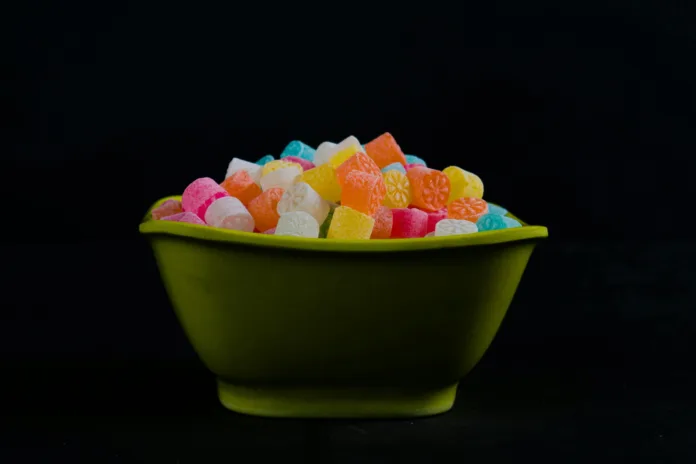UK watchdog finds melatonin hidden in children’s gummies; parents told to stop use immediately
Parents across the UK are being urged to stop giving their children a popular brand of health supplements after regulators discovered undeclared drugs inside the product.
The Medicines and Healthcare products Regulatory Agency (MHRA) has issued a safety alert for Nutrition Ignition Kids Magnesium Glycinate Gummies after tests revealed that they contained melatonin — a prescription-only medicine not listed on the packaging.
Officials confirmed that two batches of the gummies were found to contain between 1.5mg and 1.7mg of melatonin per serving. The products, sold online and marketed as suitable for children aged four and above, were promoted as helping with calmness, focus, and digestion.
The discovery triggered an immediate withdrawal of the product from sale. Parents who have already purchased the supplements are advised to stop using them and return them to a pharmacy for safe disposal.
Embed from Getty ImagesMelatonin, often described as the body’s “sleep hormone,” is prescribed to children over the age of six only under medical supervision. It is typically used in cases of severe sleep problems, including insomnia or disorders such as ADHD and delayed sleep wake phase disorder. Even then, doctors usually start with a 1mg daily dose.
Undeclared melatonin can cause side effects such as dizziness, headaches, nausea, and excessive drowsiness. The MHRA stressed that while lasting harm is not expected, any child experiencing unusual symptoms after taking the gummies should be seen by a healthcare professional immediately.
The watchdog’s investigation began after two mothers noticed their children were falling asleep unusually quickly after eating the raspberry-flavoured sweets. Suspicious, they sent the gummies for independent testing, which confirmed the presence of melatonin.
The revelation forced the brand’s founder, Surrey-based NHS clinical therapy lead Sally Westcott, into the spotlight. Westcott was ordered more than a month ago to remove the products from sale. Speaking in June, she denied knowingly selling supplements containing undeclared ingredients, saying: “I have never knowingly sold products containing undeclared ingredients.”
The Nutrition Ignition website has since been deleted, and online retailers including Amazon and eBay have removed the products from their platforms.
Parents have been asked to report any suspected side effects to the MHRA’s Yellow Card scheme, which tracks potential safety issues with medicines and supplements.
Dr Alison Cave, chief safety officer at the MHRA, said the case highlights why strict regulation of children’s supplements is vital. “Undeclared ingredients, especially prescription-only drugs, pose a real risk to public health. Parents should not have to worry that products aimed at children could contain substances that should only be prescribed by a doctor.”
Magnesium glycinate, the supplement’s advertised main ingredient, is generally considered safe and is commonly used to support muscle function, reduce stress, and improve sleep quality. However, the addition of unlabelled melatonin transforms the product from a wellness supplement into a potentially unsafe medicine.
Experts fear the case could undermine trust in the growing market for children’s supplements, which are often marketed in the form of chewable gummies. While convenient and appealing to youngsters, critics warn that the sector lacks adequate oversight compared to prescription medicines.
Health campaigners are now urging parents to be cautious when purchasing supplements online. “If it looks too good to be true, it probably is,” one consumer group warned. “Always check the seller, ask questions about the ingredients, and be wary of unverified health claims.”
For families in Birmingham, Manchester, London, and beyond, the incident serves as a chilling reminder that even products marketed as safe and child-friendly can carry hidden risks.
The MHRA’s advice remains clear: parents should stop giving the gummies to their children, dispose of them safely at a pharmacy, and seek medical advice if any side effects appear.
As the investigation continues, questions remain over how a product linked to an NHS therapy lead could make its way to market with an undeclared drug inside
